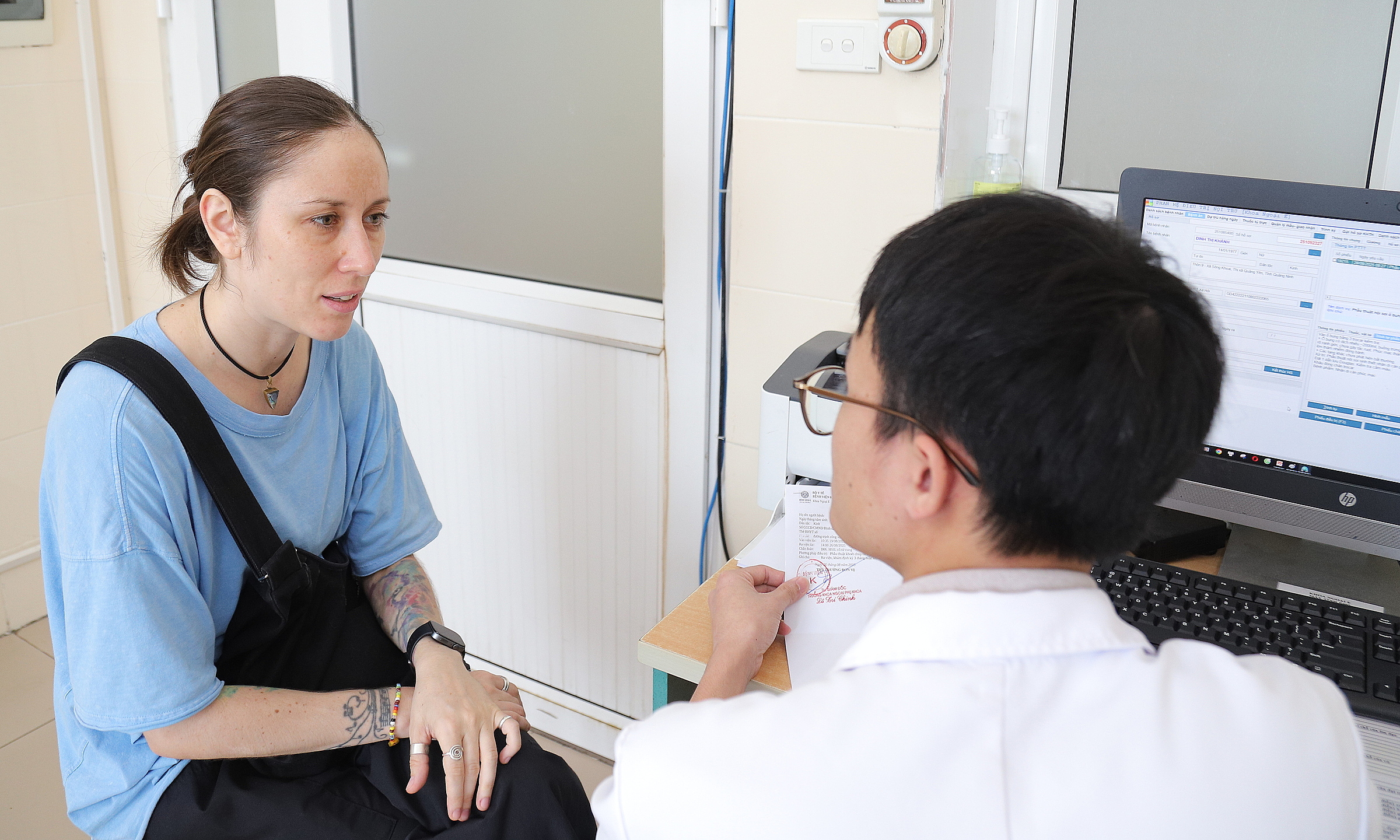Cervical cancer is a leading threat to women's health and lives, according to Dr. Le Tri Chinh, head of the Department of Gynecological Surgery at K Hospital. The 2022 GLOBOCAN statistics for Vietnam reported almost 5,000 new cases and over 2,500 deaths. This disease poses a significant concern for women's physical, mental, and emotional well-being.
Cervical cancer is a malignancy of the squamous or glandular cells of the cervix. These cells grow abnormally, forming tumors that multiply uncontrollably, invading surrounding organs. The cancer often spreads to the lungs, liver, bladder, vagina, and rectum. The World Health Organization (WHO) states that human papillomavirus (HPV) is present in approximately 99% of cervical cancer cases, making it the highest risk factor.
Early symptoms of cervical cancer are often subtle, making it difficult to detect. By the time more noticeable symptoms appear, the cancer has often spread. Treatment can still be effective at this stage, but it becomes more complex and expensive. In the worst cases, women face complete hysterectomy, removal of the ovaries and nearby lymph nodes, impacting their reproductive health.
 |
A Ukrainian woman diagnosed with early-stage cervical cancer receives treatment at K Hospital. Photo: Manh Tran |
A Ukrainian woman diagnosed with early-stage cervical cancer receives treatment at K Hospital. Photo: Manh Tran
It typically takes three to seven years for abnormal cervical cells to develop into cancer. However, due to a lack of regular gynecological check-ups, many women are diagnosed at a later, more serious stage. Reluctance to discuss sensitive health issues or dismiss minor symptoms often leads to missed opportunities for early and effective treatment.
Early detection significantly increases the chances of a cure, reduces mortality risk, minimizes complications, and lessens the treatment burden. "Early diagnosis and treatment allow for simpler interventions, removing abnormal cells before they progress," said Dr. Chinh. He recommends that all women 21 and older undergo regular screenings as advised by their physician.
A 35-year-old Ukrainian woman's case illustrates the importance of regular check-ups. She was diagnosed with early-stage cervical cancer during a routine gynecological exam. At K Hospital, doctors performed a cone biopsy to remove the affected cervical tissue. This procedure is easily implemented, quick, controls bleeding effectively, and provides an intact tissue sample for pathological analysis. The patient was discharged within a few hours.
As an unmarried woman, preserving her fertility was a key consideration. The cone biopsy effectively removed the cancerous cells while preserving her reproductive organs. At her follow-up appointment, she was doing well, with no signs of further complications.
Le Nga












